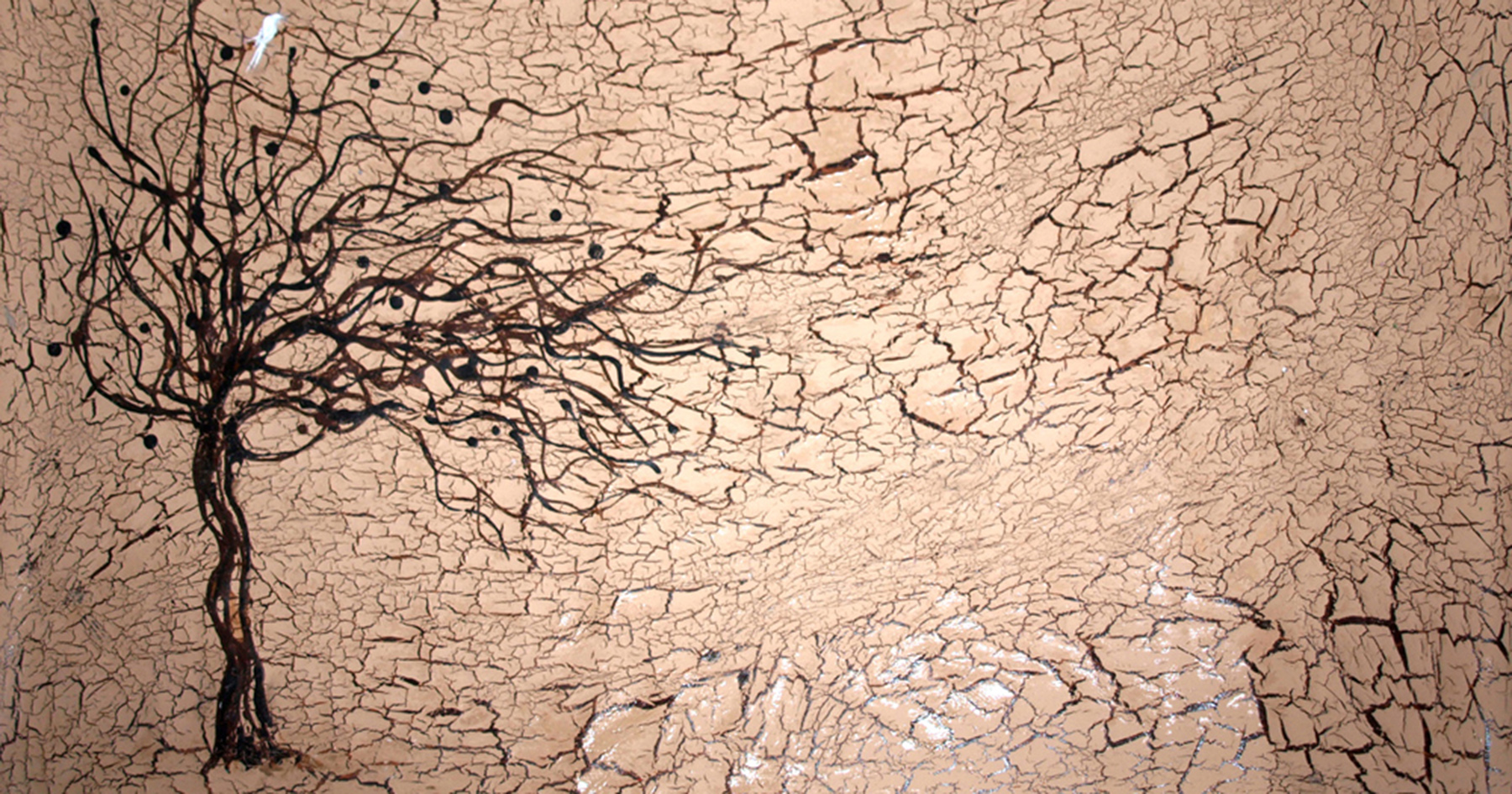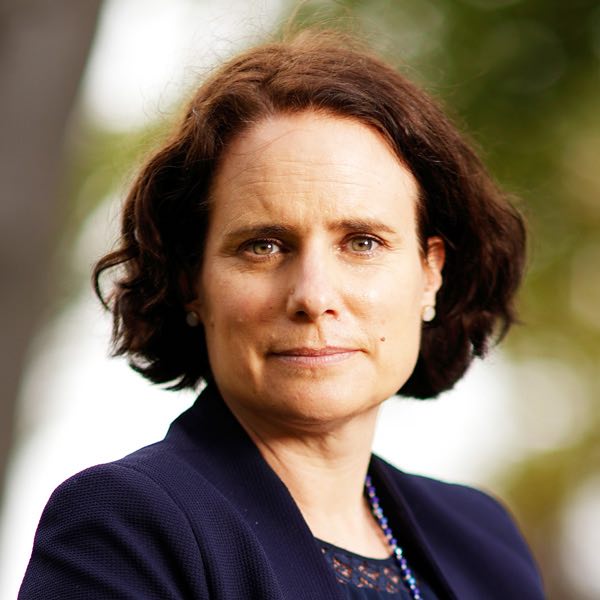I looked at the earth, and it was formless and empty; and at the heavens, and their light was gone.
I looked at the mountains, and they were quaking; all the hills were swaying. I looked, and there were no people; every bird in the sky had flown away.
I looked, and the fruitful land was a desert; all its towns lay in ruins before the LORD, before his fierce anger.
This is what the LORD says: “The whole land will be ruined, though I will not destroy it completely.”
(Jeremiah 24:23-26)
It’s becoming increasingly clear to us that climate change is an existential threat. So much of our country was on fire and so many people were evacuated this past summer, and now a season of drought means we are in danger of catastrophic flooding. The earth is too dry, the trees are gone, and where will the water all go?
Our story of faith begins with that of Creation, and yet we have so often, as modern western people, assumed that nature is something apart from us. We see it as a resource to be extracted, a wilderness to be conquered, or as a place to visit on holidays or retreats. Our essential and ontological connectedness with Creation is something we have forgotten and desperately need to remember and embody. On the one hand, the church knows this deeply, and on the other, we so easily forget. Our General Synod in Calgary was an all too real reminder of this. The theme, Let there be greening was admirable, but the amount of carbon, for example, that was consumed by all of us travelling to Calgary should be taken into consideration. As well, that we spent 12-hour days, at the height of summer in a windowless conference room, suggested to me that the church is a long way from truly ‘greening’ itself.
I think the story that is going to be told of our stage in church history is that, for a time, we have the illusion that we could preoccupy ourselves with saving the church when, in fact, it was becoming increasingly clear that what we needed to concern ourselves with was saving the planet.
This coming year, I would invite you to join with me in thinking about all aspects of our corporate and individual lives from the beginning point that God is the Creator and that we are to live gently on the Earth. It is crying out for mercy. What can we do to protect watersheds and animals, to reduce our use of carbon, and to consume less and preserve more?
The need to care for the environment, the concern over climate change, the reverence for the beauty and wonder of Creation are unifying threads in our society. How, as a church, can we join with all those who are working to restore the integrity of God’s Creation and to respect and sustain life on Earth?
In many ways, we need to be followers, not leaders. Our track record as modern western people is not good. We have much to learn from the First Peoples of these islands and inlets. I often think of a visit I had with some elders in Alert Bay. They had scoffed, I remember, at how the Department of Fisheries, after overseeing the decimation of salmon, imposed its laws upon the Kwakwa̱ka̱ʼwakw peoples. In response, efforts are being made by local communities to increase fish populations. Also, I look with hope to what is going on upon the Cowichan River. There, the Cowichan Tribes are exhibiting true leadership in addressing the threat of the river facing unprecedented low water levels.
It is clear that we cannot go on as we have. Jeremiah — from whom I have quoted — was known as the “weeping prophet.” May his words echo down to us across the ages, reminding us that we must face the challenges before us with clear vision and bold action, or else we too will find ourselves in exile.




